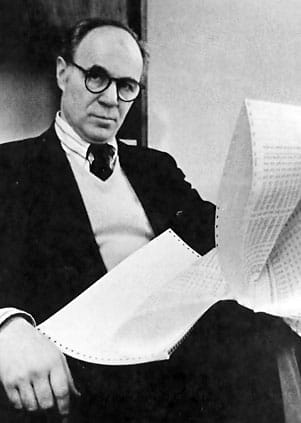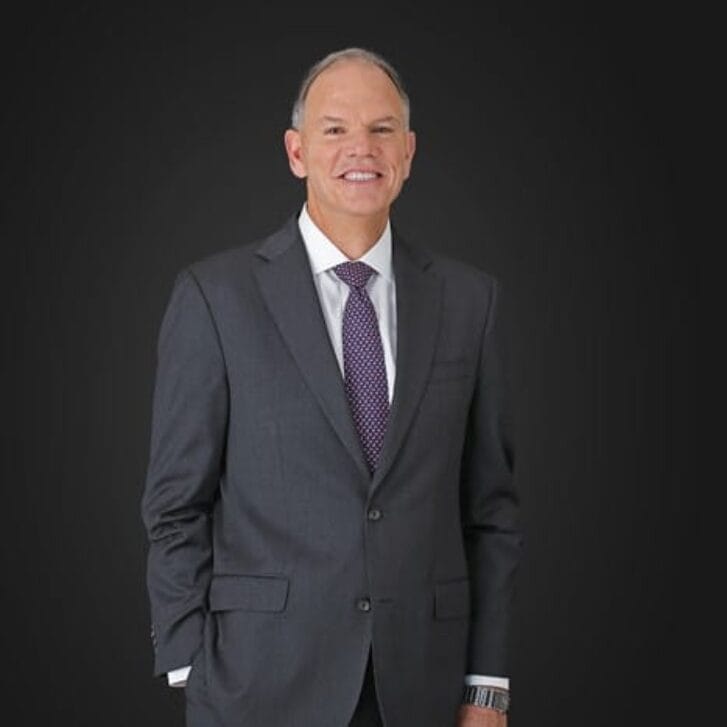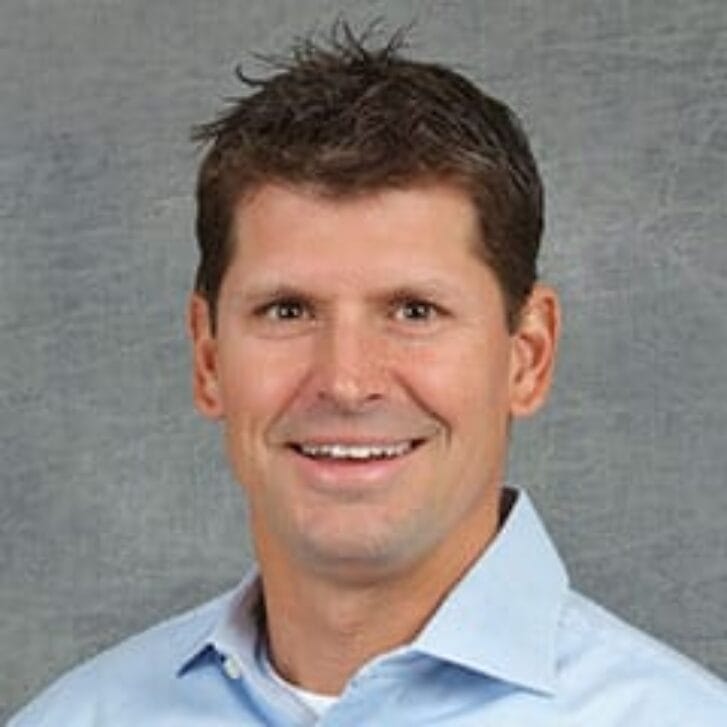 Shortly after winning the 1980 Nobel Memorial Prize in Economics, Lawrence Klein commented to Wharton Alumni Magazine that once researchers win a Nobel, they were considered “experts on everything. People ask them questions on every subject whether they know anything about it or not.” Klein was too careful to say anything but “I don’t know” unless he knew the answer for sure. But as the world’s master econometrician, he knew his specialty better than anyone.
Shortly after winning the 1980 Nobel Memorial Prize in Economics, Lawrence Klein commented to Wharton Alumni Magazine that once researchers win a Nobel, they were considered “experts on everything. People ask them questions on every subject whether they know anything about it or not.” Klein was too careful to say anything but “I don’t know” unless he knew the answer for sure. But as the world’s master econometrician, he knew his specialty better than anyone.
Honored for his work in developing macro-econometric models for national, regional, and world economies, Klein’s research has become the standard for economists worldwide. His Nobel citation states that “few, if any, research workers in the empirical field of economic science have had so many successors and such a large impact as Lawrence Klein.”
Klein began model building while still a graduate student. After getting his PhD from MIT in 1944, he moved on to the Cowles Commission for Research in Economics, then at the University of Chicago. While there he built a model of the U.S. economy with the goal of forecasting economic conditions and estimating the impact of changes in government spending, taxes, and other policies.
In 1946 the conventional wisdom was that the end of World War II would sink the economy into a depression for a few years. Klein used his model to counter this thinking. The pent-up demand for consumer goods, he correctly argued, combined with the purchasing power of returning soldiers, would ward off a depression. Later he predicted correctly again that the end of the Korean War would bring only a mild recession. Klein moved to the University of Michigan, where he built the bigger and more complicated Klein-Goldberger model with then-graduate student Arthur Goldberger, then to Oxford University, where he created a model of the British economy.
Klein returned to the U.S. to join Penn’s Department of Economics in 1958, joining Wharton a decade later, where he built the now-famous “Wharton model” of the U.S. economy—a model with more than a thousand simultaneous equations. Later in his career, in 1976, Klein served as coordinator of President Jimmy Carter’s economic task force before the U.S. presidential election, later declining an invitation to join Carter’s administration.
While Klein retired from full-time teaching at Wharton in 1991, he has occasionally taught classes at the Osaka International University, Ritsumeikan University, and Reitaku University in Japan. Another ambitious effort, Project LINK, incorporated data from a multitude of industrialized, centrally planned, developing countries to forecast trade and capital movements and to test the effects of proposed changes in political and economic policies.

























